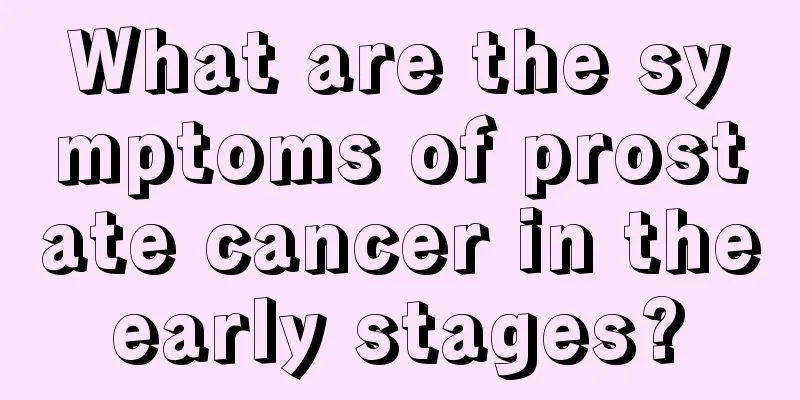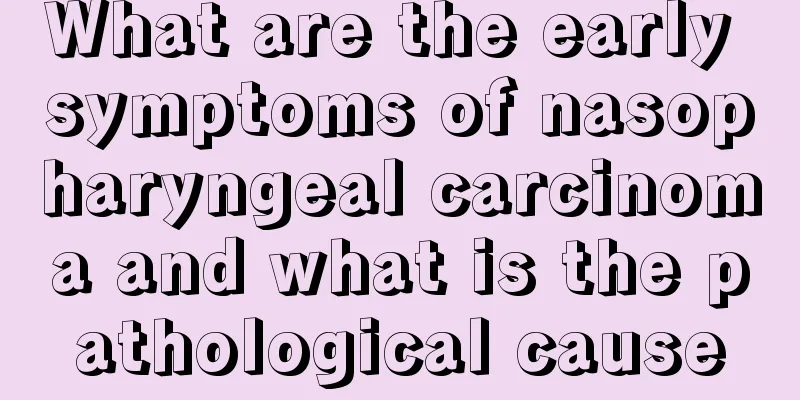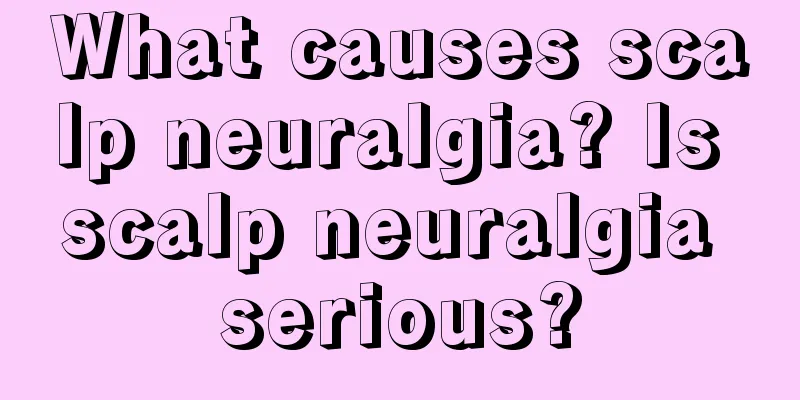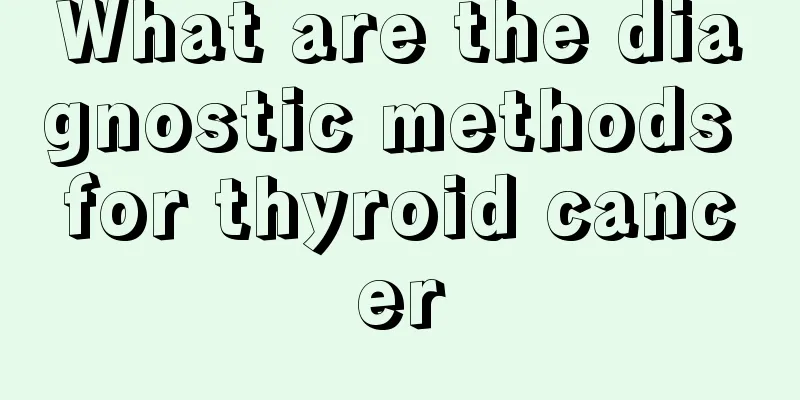What does conventional treatment for gastric cancer include

|
Conventional treatments for gastric cancer include surgery, radiotherapy, chemotherapy, and immunotherapy, each of which has its own characteristics and indications: 1. Surgery Surgery is the only treatment method that can provide a chance of cure. The main methods of surgical treatment for gastric cancer include distal subtotal gastrectomy, proximal subtotal gastrectomy, total gastrectomy and total gastrectomy combined with splenectomy and distal pancreatectomy, Appleby procedure, gastric cancer combined with combined resection of involved organs and palliative surgery. 2. Radiation therapy Radiation therapy is not very helpful for patients who are not suitable for resection because anatomical localization cannot be performed. Radiation therapy can relieve obstructive symptoms of cardiac cancer and reduce chronic bleeding in unresectable lesions. 3. ChemotherapyMost of the patients admitted to general hospitals are advanced gastric cancer patients. The efficacy of surgery alone is very poor. As an important part of comprehensive treatment, chemotherapy is one of the important means of treating gastric cancer today. Chemotherapy methods mainly include single-agent chemotherapy and combined chemotherapy. It is generally believed that the effect of combined chemotherapy is better than that of single-agent chemotherapy. Preoperative chemotherapy can improve the efficacy of surgical treatment; intraoperative chemotherapy is one of the important measures to prevent iatrogenic spread; postoperative adjuvant chemotherapy is a commonly used comprehensive treatment method for gastric cancer, and its efficacy is better than that of simple surgery. 4. Immunotherapy The indications for immunotherapy include three aspects: ① Systemic application of immunostimulants is suitable after radical surgery for early gastric cancer; ② Immunostimulants can be directly injected into the residual cancer in cases that cannot be resected or palliative resection is performed; ③ Patients with advanced gastric cancer accompanied by ascites are suitable for intraperitoneal injection of immune-enhancing drugs. |
<<: 6 major clinical manifestations of benign brain tumors
>>: What are the efficacy indicators for liver cancer
Recommend
What is the normal heart rate for a 20-year-old?
A person's heartbeat speed is generally diffe...
What should I do if my skin wound becomes festering?
Skin injuries are a very common problem. We need ...
Several common melanoma treatment options
Melanoma is a common disease in life. Some people...
What causes runny nose and sore throat
Runny nose and sore throat are common clinical sy...
Can early liver cancer be cured? Effective treatment methods for early liver cancer
Liver cancer is very harmful. Once it develops to...
What are the symptoms of abdominal tumors
Everyone will experience birth, aging, sickness a...
What causes bile duct obstruction?
The bile duct is the channel in our body that tra...
How to prevent fibroids
How to prevent fibroids? We all know the truth ab...
How can patients with hyperthyroidism provide good home care?
Hyperthyroidism is a very common thyroid disease ...
How long should you apply the peel-off mask
Facial masks are a skin care product that is very...
What symptoms will lung cancer cause in its early stages? Lung cancer will cause 4 symptoms in its early stages
Diseases are most effectively treated in their ea...
Is lumbar radiofrequency surgery good?
Lumbar disease has affected and troubled many peo...
Experts explain the late-stage symptoms of colon cancer
Colon cancer is the most common malignant tumor, ...
What are the traditional Chinese medicine remedies for treating warts?
Warts are a type of skin growth mainly caused by ...
Self-care methods for nasopharyngeal carcinoma patients during radiotherapy
In recent years, nasopharyngeal carcinoma has bec...









